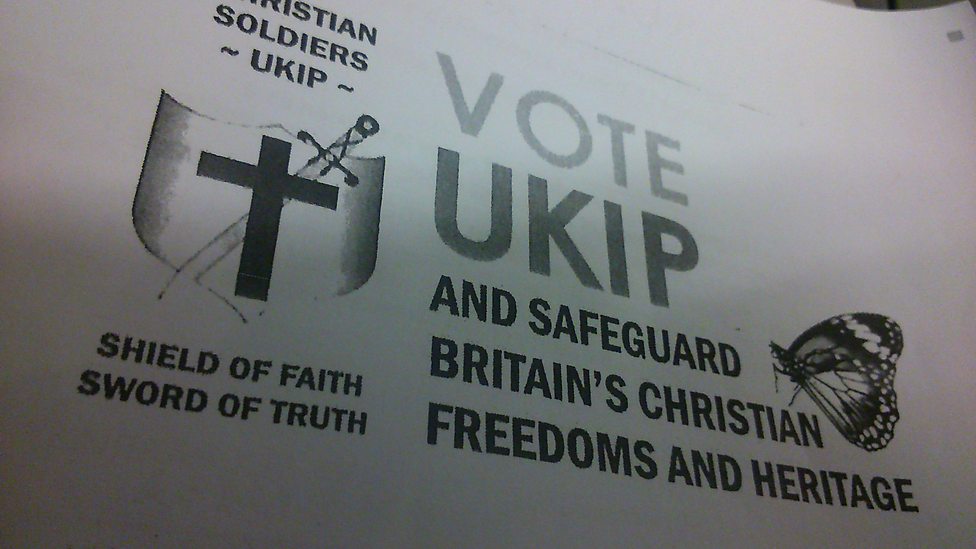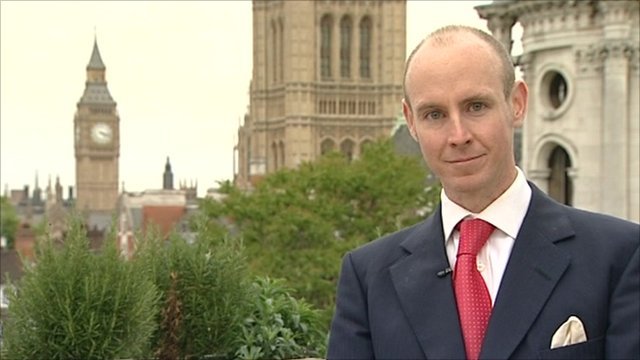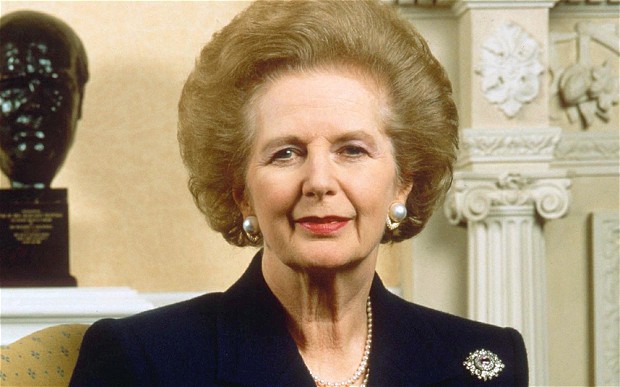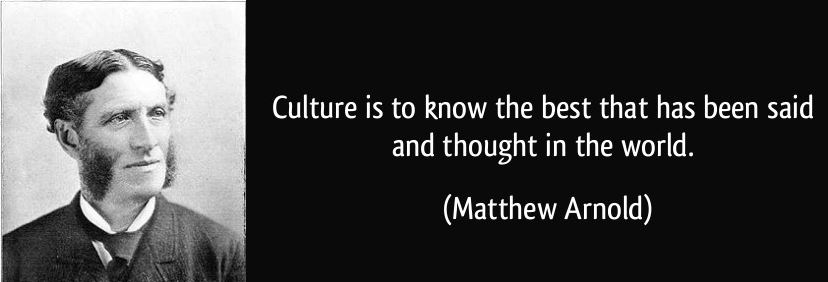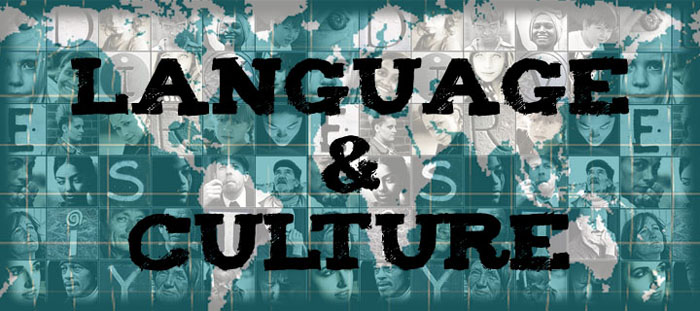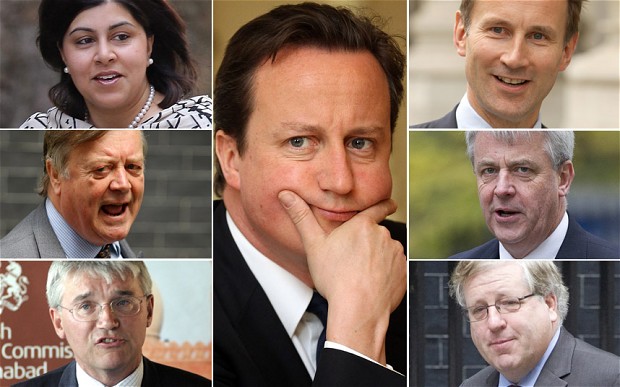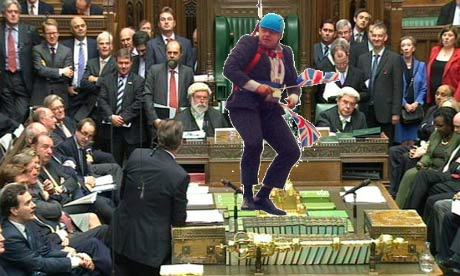Published by Daily Mail
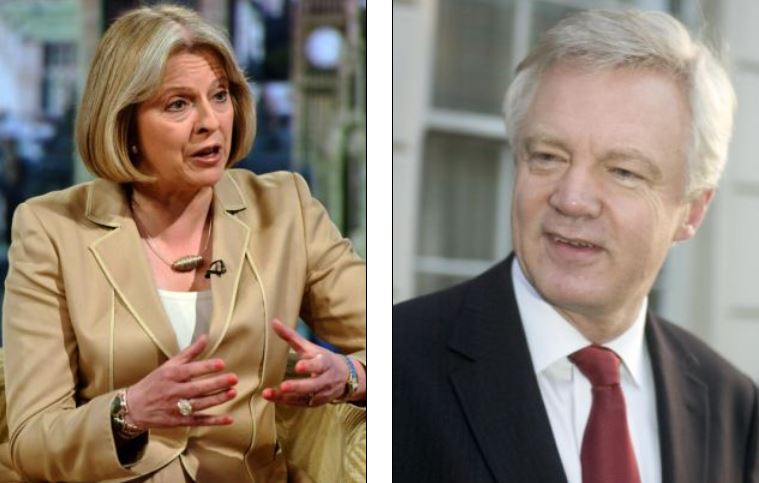 In the midst of euro-economic turmoil, distracted by Leveson and the tedious texts and tweets of Culture Secretary Jeremy Hunt, the Government is finalising its plans to monitor and log every website you visit and store every IM, tweet and text you send. The police already have draconian extra-judicial powers to intercept your email and telephone communications, but the surveillance state is an ever-encroaching beast of unquenchable omniscience, scattering all feeble libertarian squeaks in its wake.
In the midst of euro-economic turmoil, distracted by Leveson and the tedious texts and tweets of Culture Secretary Jeremy Hunt, the Government is finalising its plans to monitor and log every website you visit and store every IM, tweet and text you send. The police already have draconian extra-judicial powers to intercept your email and telephone communications, but the surveillance state is an ever-encroaching beast of unquenchable omniscience, scattering all feeble libertarian squeaks in its wake.
In opposition, David Cameron categorically opposed Labour’s Big Brother agenda: he rejected national ID cards out of hand and objected to security requests for 90-detention without charge. Indeed, he said quite unequivocally: “If we want to stop the state controlling us, we must confront this surveillance state.”
In office, however, he is proving to be as centralising and authoritarian as Tony Blair and New Labour ever were, all under the guise of needing to prevent acts of terrorism and smash paedophile rings. So, if you’re practising shooting zombies on ‘Left for Dead’ or knocking off a few vanity years on Facebook, beware: we are all now suspects; your every move is being monitored. Continue reading →
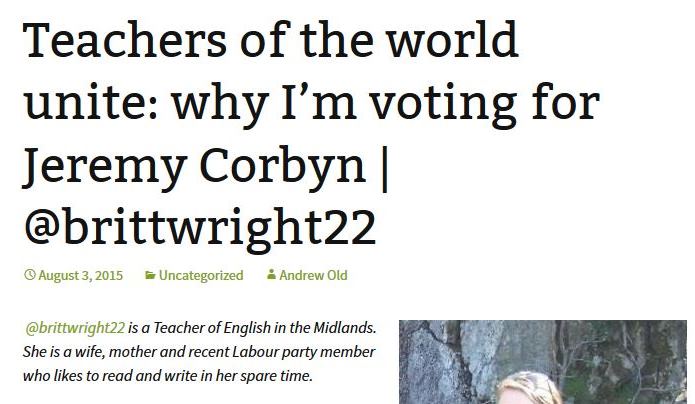 “The majority of teachers are disillusioned by the way the Conservative Party has approached education in the United Kingdom,” declares Brittany Wright, a teacher of English in the Midlands who is also her school’s G&T coordinator (ie of students deemed to be ‘gifted’ and/or ‘talented’). Continue reading
“The majority of teachers are disillusioned by the way the Conservative Party has approached education in the United Kingdom,” declares Brittany Wright, a teacher of English in the Midlands who is also her school’s G&T coordinator (ie of students deemed to be ‘gifted’ and/or ‘talented’). Continue reading 
